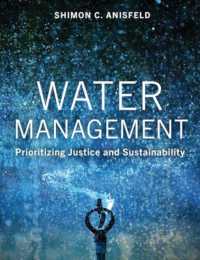- ホーム
- > 洋書
- > 英文書
- > Literary Criticism
Full Description
Integrating forgotten tales of literary communities across Iran, Afghanistan and South Asia - at a time when Islamic empires were fracturing and new state formations were emerging - this book offers a more global understanding of Persian literary culture in the 18th and 19th centuries. It challenges the manner in which Iranian nationalism has infilitrated Persian literary history writing and recovers the multi-regional breadth and vibrancy of a global lingua franca connecting peoples and places across Islamic Eurasia.
Focusing on 3 case studies (18th-century Isfahan, a small court in South India and the literary climate of the Anglo-Afghan war), it reveals the literary and cultural ties that bound this world together as well as some of the trends that broke it apart.
Contents
Dedication
Acknowledgements
Note on Transliteration and Translation
List of Maps, Figures and Illustrations
Contents
Introduction
'Literary Return' as Literary Nationalism
Cosmopolitanism, Canon, Community
Oragnisation of the Study
Chapter 1. Remembering Iran, Forgetting the Persianate: Persian Literary Historiography of the Eighteenth and Nineteenth Centuries
'Literary Return' and the 'Indian Style'
Iranian Story
Afghan Legacy
The Rise of the Durrani State and Bidilism
An 'Afghan Literary Return'?
South Asian Stagnation
The 'New Munshi' and Transition to English
B. Language Competition and the Rise of Urdu
Chapter 2. Reformation and Reconstruction of Poetic Networks, Isfahan ca. 1722-1801
Disruptions and Continuities
Connections and Networks
Patronage and Formation
Conclusion
Chapter 3. A Market for the Masters, Afghanistan ca. 1839-1842
Preparing for Battle
Recounting the War: The War Ballad of 'Ghulami' and Oral Culture
A Bazgashtian Tale? The Book of Akbar of Hamid Allah Kashmiri
Propaganda and Patronage: The Victory Book of Kabul by Qasim Ali
The War-Ballad Marketplace
Conclusion
Chapter 4. Debating Poetry on the Edge of the Persianate World, Arcot ca. 1850
Pivot of Persian: The Life and Times of Muhammad Ghaws Khan 'Aʿzam'
Mapping Networks
Writing Rivalry
Speaking for Persian
Conclusion
Conclusion
Back Matter
Bibliography






